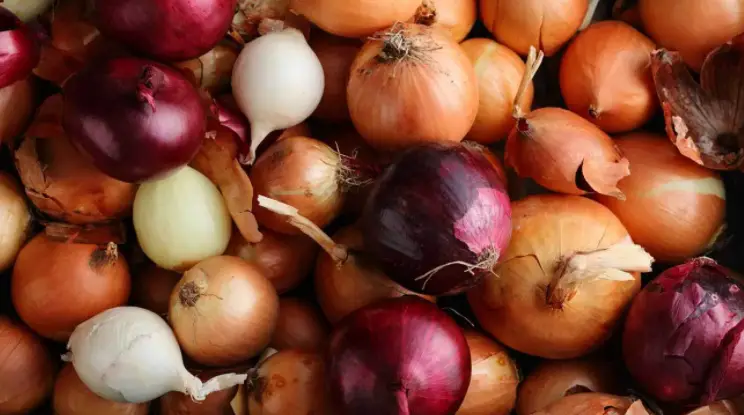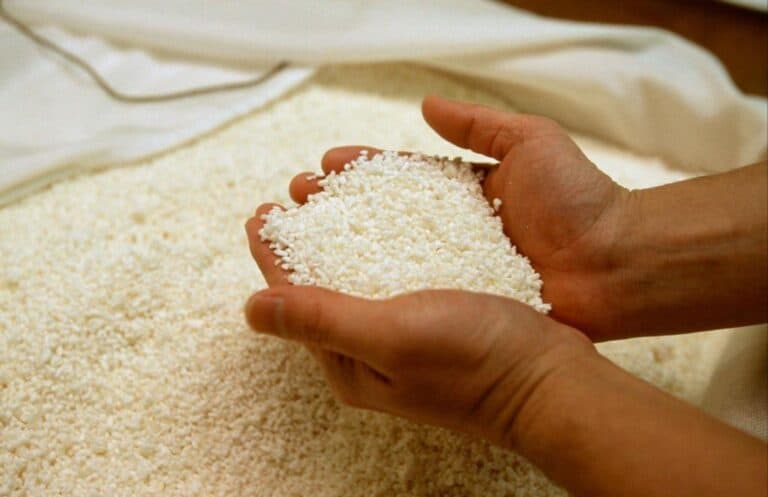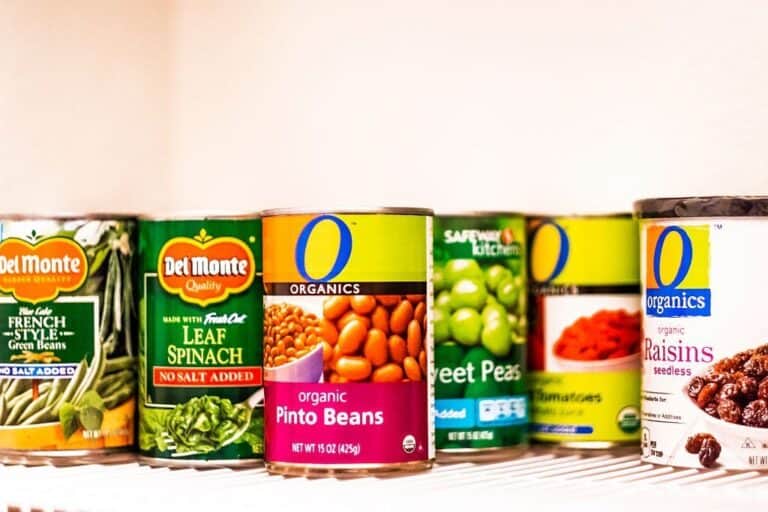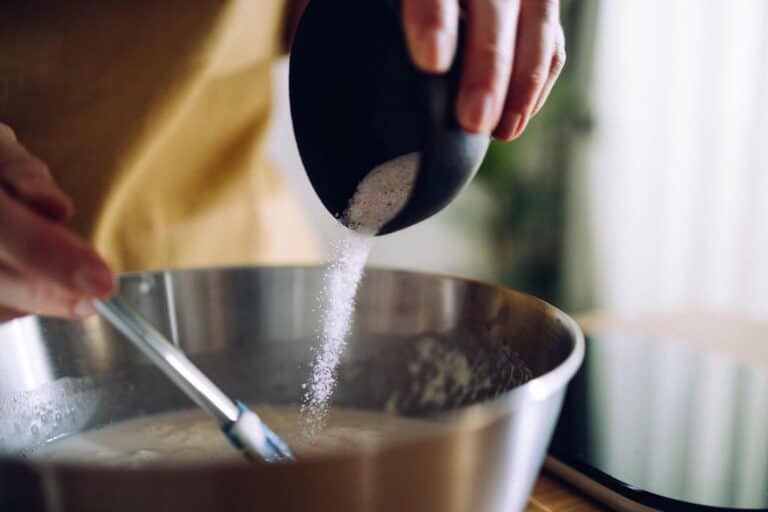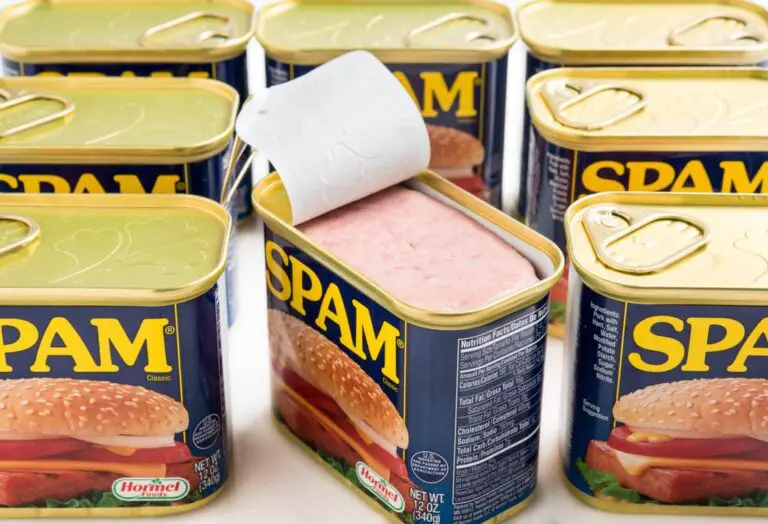Are Pickled Onions the Same as Cocktail Onions? What’s the Difference?
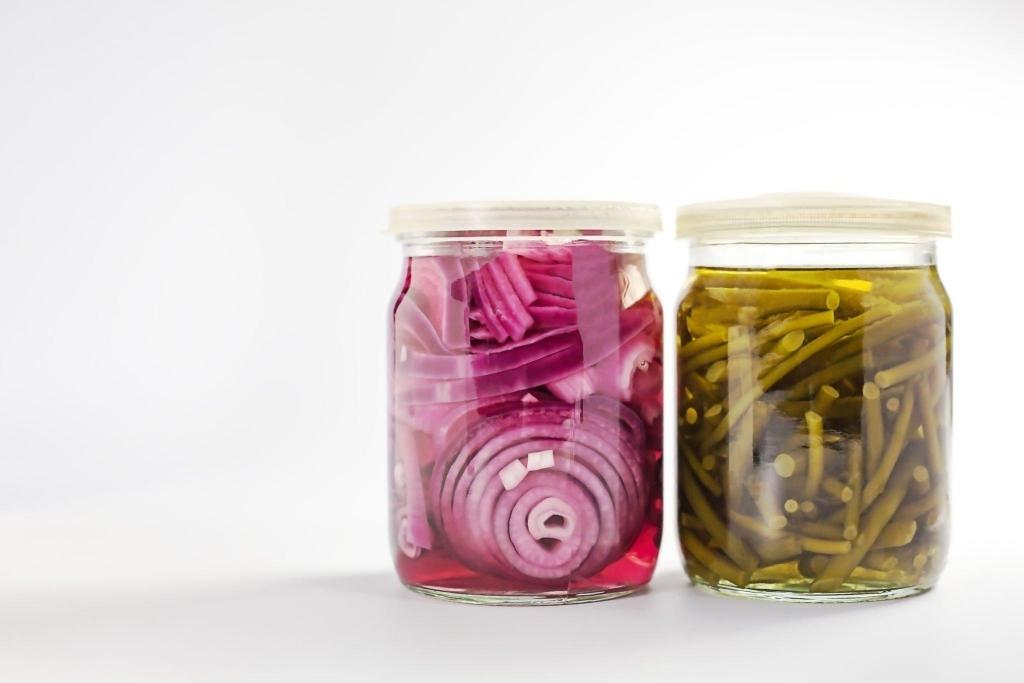
Welcome to the flavorful world of onions, where culinary intrigue unfolds with every bite. Are pickled onions and cocktail onions culinary twins separated at birth, or do they harbor secret flavor codes that set them apart?
Let’s embark on a culinary quest to unravel the mystery behind these petite powerhouses. Picture this: a tangy symphony of pickled perfection and the delicate grace of cocktail onions dancing on your taste buds. Are they interchangeable, or does each possess a distinct culinary fingerprint?
In this exploration, we’ll dive into pickling secrets, flavor nuances, and the culinary roles that make pickled onions and cocktail onions stars in their own right. Grab a seat at the table as we uncover the savory secrets that distinguish these two onion titans. Are you ready to elevate your onion knowledge and tantalize your taste buds? Let’s peel back the layers and discover the flavorful truth!
Introduction
When it comes to the vast world of food, onions are like culinary alchemists—they can turn ordinary meals into magical experiences. Pickled onions and cocktail onions stand out from the other types of onions because they give our tastes something new. Beyond their shared tanginess, each harbors a distinct character that elevates its culinary contribution.
Delving into the roots of these savory delights reveals a rich history of preservation techniques. Pickled onions, a product of ancient wisdom, have evolved into more than mere condiments. Meanwhile, cocktail onions, once a humble garnish, have graduated to becoming essential flavor agents in mixology.
In the context of global cuisines, pickled onions add zest to salads and mains, while cocktail onions, small but powerful, add nuanced sweetness to classic cocktails. Together, they illuminate the gastronomic landscape, inviting us to savor the unique essence each brings to our culinary canvas.
The Basics: Pickled Onions
1. Pickling Process
Pickled onions, as the name suggests, undergo a pickling process. This involves immersing the onions in a solution of vinegar, salt, and sugar. This not only imparts a tangy flavor but also preserves the onions, giving them a delightful crunch.
2. Flavor Profile
The pickling process transforms the onions into a versatile condiment, offering a harmonious blend of sweet, tangy, and savory notes. This complexity makes pickled onions a perfect accompaniment to salads, sandwiches, and various appetizers.
3. Culinary Uses
Pickled onions shine in diverse culinary roles. From topping tacos to adorning cheese platters, their ability to enhance dishes with a burst of flavor makes them a kitchen essential.
The Allure of Cocktail Onions
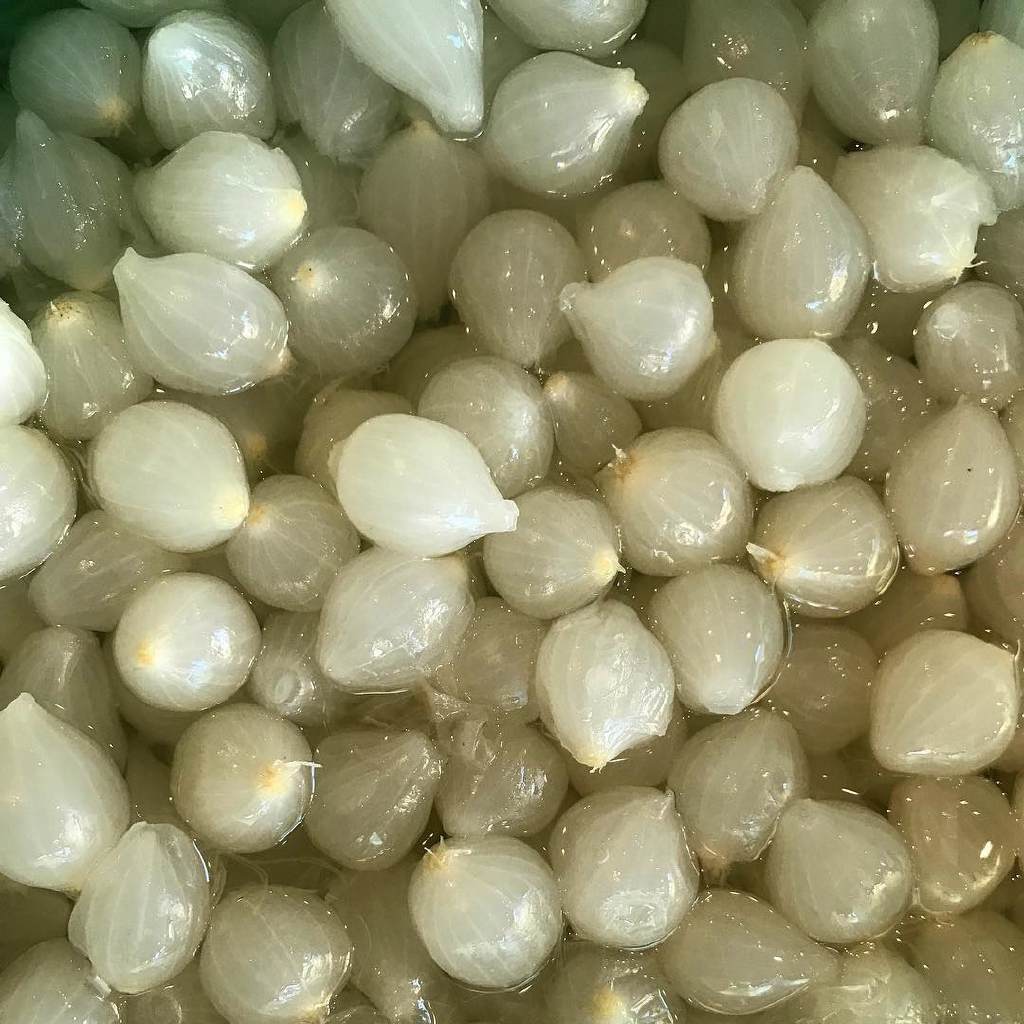
1. Distinctive Size and Shape
Cocktail onions, on the other hand, are petite pearls of flavor. Their small size and round shape make them an elegant addition to cocktails and hors d’oeuvres.
2. Pickling Variation
While both pickled onions and cocktail onions undergo pickling, the latter often involves milder solutions. This ensures that the onions complement, rather than overpower, the delicate flavors of cocktails.
3. Flavor Spectrum
Cocktail onions boast a more subtle taste compared to their robust pickled counterparts. They contribute a mild sweetness and a delicate crunch, making them a sophisticated choice for martinis and other beverages.
Are Pickled Onions the Same as Cocktail Onions? Comparing the Two
As already explained above, cocktail onions are pickled pearl onions that are pickled in brine with small amounts of turmeric and paprika. Pearl onions are usually chosen for their natural sweetness, but other sweet onions such as the crystal wax, also known as the white Bermuda, are also sometimes used.
Pickled onions, on the other hand, are a type of pickling onion that is used to preserve food. They are usually brown onions, which are smaller in size and have a low water content but a robust flavor.
While cocktail onions are often used as a garnish for cocktails such as martinis, pickled onions are used in a variety of dishes, including stews and antipasto plates.
Therefore, while both are pickled onions, cocktail onions and pickled onions are not the same thing.
Let’s break down the key differences between pickled onions and cocktail onions in a handy table:
| Aspect | Pickled Onions | Cocktail Onions |
| Size | Varied, often larger | Small and uniformly round |
| Flavor | Complex, sweet, tangy, and savory | Mild, sweet, and delicate |
| Culinary Uses | Versatile, used in a variety of dishes | Primarily in cocktails and appetizers |
Choosing the Right Onion for Your Dish
When it comes to enhancing your culinary creations, the right choice of onion can make all the difference. Consider your flavor preferences and the specific dish you’re crafting, and let’s explore the nuanced selection between pickled onions and cocktail onions.
1. Pickled Onions: A Bold Symphony of Flavors
- Flavor Profile: Complex, with sweet, tangy, and savory notes.
- Versatility: Ideal for a wide range of dishes, from salads to sandwiches.
- Texture: Offers a satisfying crunch, adding depth to your culinary creations.
2. Cocktail Onions: A Subtle Elegance for Sophisticated Bites
- Flavor Profile: Mild, with a delicate sweetness.
- Specialty: Perfect for cocktails and upscale appetizers.
- Appearance: Small and uniformly round, enhancing visual appeal.
Conclusion
In the tantalizing exploration of pickled onions versus cocktail onions, we’ve peeled back the layers of culinary mystery to reveal a nuanced world of flavors and possibilities. From the benefits of pickled onions, enriched by their unique pickling process that preserves their crunch and imparts a delightful tang, to the elegance of cocktail onions, whose mild sweetness enhances the sophisticated realm of cocktails and appetizers, each variety brings its own set of advantages to the table.
The flavor comparison between pickled and cocktail onions unfolds like a symphony, with pickled onions offering a complex interplay of sweet, tangy, and savory notes, while cocktail onions showcase a more subtle, delicate profile.
As we delve into the culinary uses, pickled onions emerge as versatile companions, adorning salads, tacos, and various dishes, while cocktail onions delicately elevate beverages and upscale appetizers.
In your culinary endeavors, understanding the pickling process for onions becomes a key to unlocking a world of taste. Whether you’re drawn to the bold versatility of pickled onions or the understated elegance of cocktail onions, each offers a unique experience that can transform your dishes into culinary masterpieces.
So, as you embark on your flavor-filled journey, experiment with the benefits of pickled onions, explore cocktail onion recipes, and savor the artistry of the pickling process—a journey where every bite is a celebration of culinary creativity.
FAQs
What is the difference between pickled onions and cocktail onions?
Pickled onions are a broader category, encompassing various recipes and flavors, while cocktail onions are a specific type of pickled onion known for their small size and use in cocktails.
Can I use pickled onions as a substitute for cocktail onions in recipes?
Yes, pickled onions can be a suitable substitute for cocktail onions in many recipes, providing a tangy and flavorful twist.
Are homemade pickled onions better than store-bought ones?
The preference between homemade and store-bought pickled onions depends on personal taste and time constraints. Homemade offers customization, while store-bought provides convenience.
What are the best cocktails that feature cocktail onions?
Classic cocktails like Gibson and Martini prominently feature cocktail onions, adding a unique flavor to these iconic drinks.
How long do pickled onions and cocktail onions last?
The shelf life of pickled onions and cocktail onions varies, but generally, they can last several weeks to months when stored properly.
Can I pickle any type of onion?
Yes, you can pickle any type of onion, but red onions are commonly used for their vibrant color and milder flavor.


